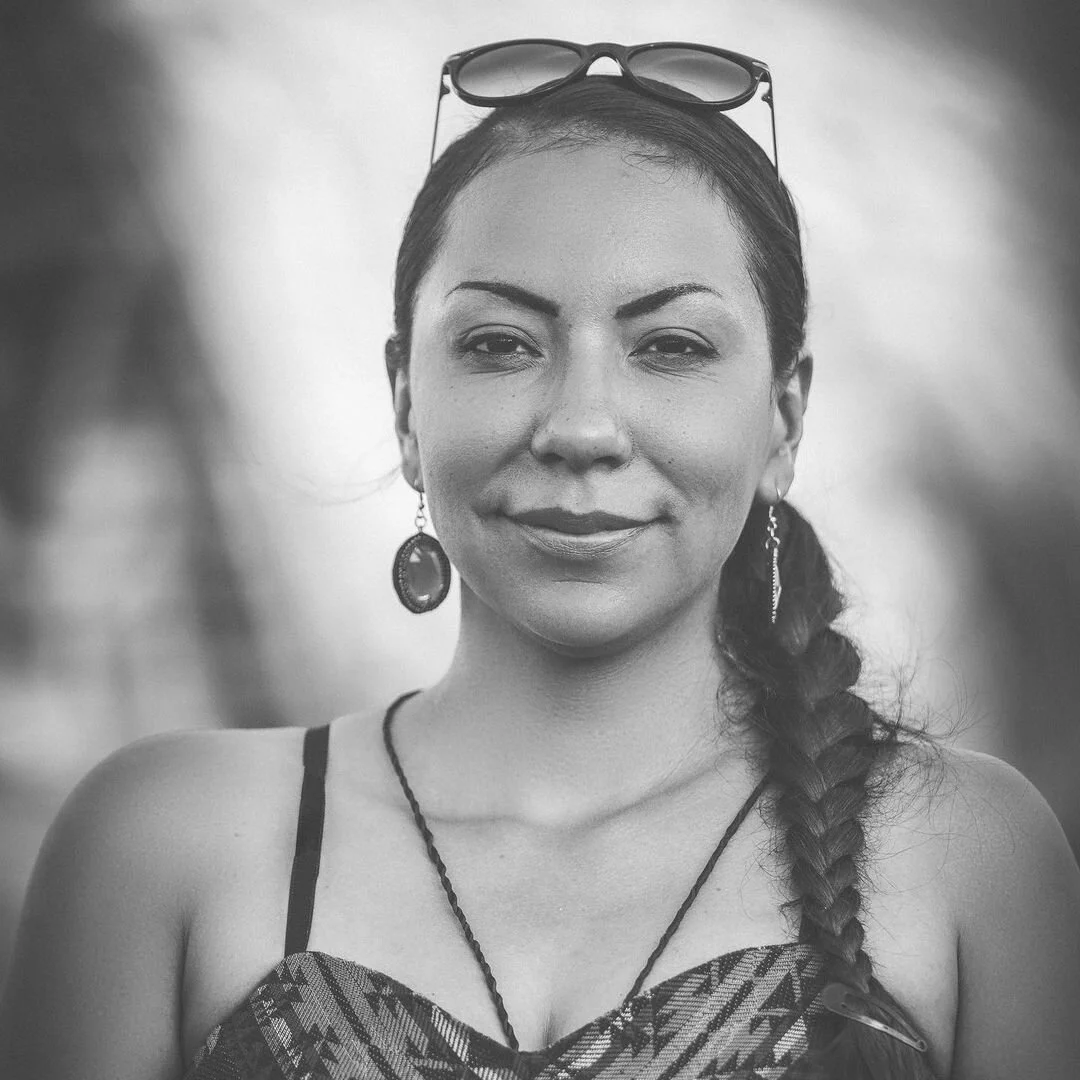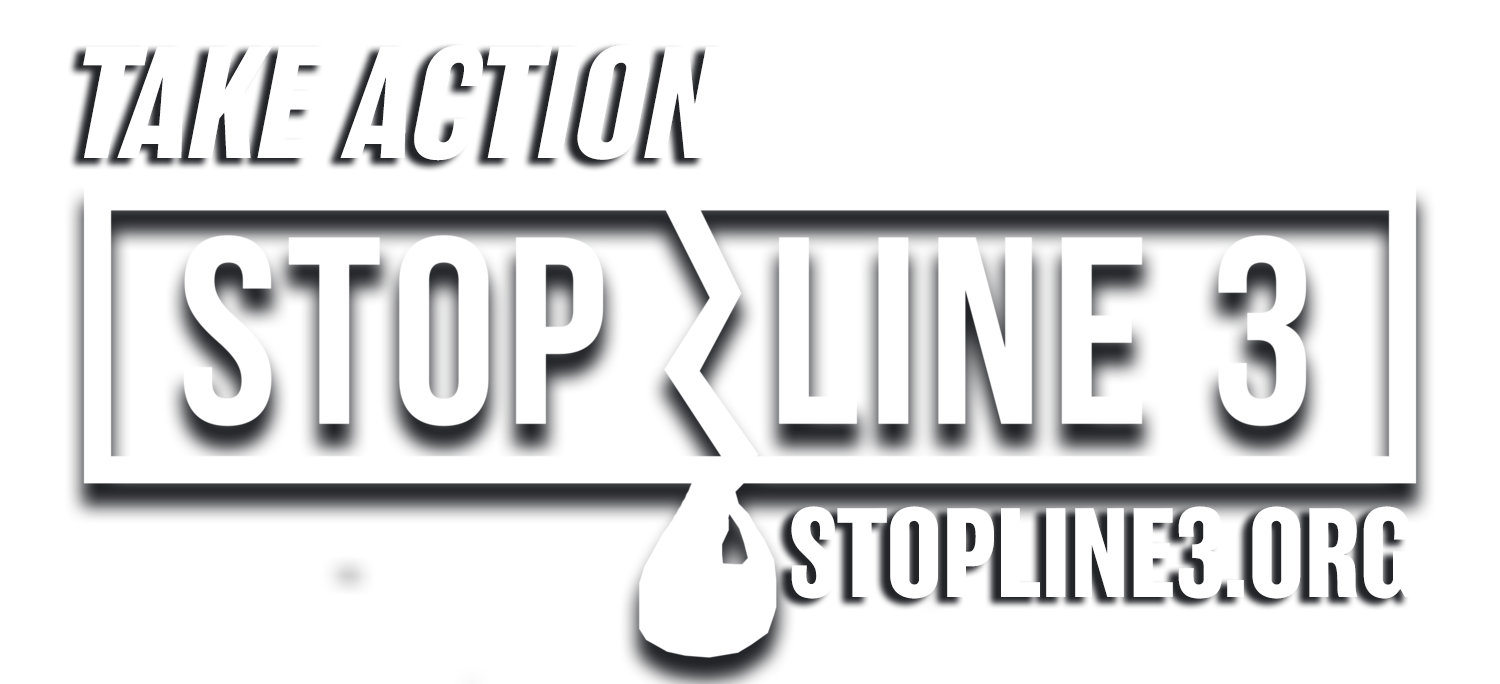





Water Protectors against Line 3 tar sands pipeline face arrests and rubber bullets
Project will pipe the ‘dirtiest fuel left on the planet’ across Minnesota’s pristine lakes and wetlands.
More than 600 people have now been arrested or received citations over protests amid growing opposition to the Line 3 oil sands pipeline currently under construction through Minnesota.
Native American tribes including the Red Lake Band of Chippewa Indians, the White Earth Band of Ojibwe and indigenous-led environmental organizations such as Honor the Earth are leading opposition efforts in court and on the ground, mobilizing ‘water protectors’ to try to halt the project.
Kelly Maracle, 57, a member of the Tonawanda Seneca and Mohawks of the Bay of Quinte, was one of seven women arrested on 19 July while protesting the construction of the pipeline by the energy firm Enbridge. Maracle, Honor the Earth executive director Winona Laduke and four other women chained themselves together at a right of way crossing on the Shell River in northern Wadena county, Minnesota.
For about three hours, the women sat chained together in front of a line of police.
Police officers arrested them on trespass charges and they were released two days later, while LaDuke was imprisoned an extra night in jail over charges related to previous actions.
Enbridge is paying the salaries of the police officers who are providing security during the construction of the pipeline, as a part of a deal with the state: The pipeline was approved in exchange for a promise that taxpayers would not have to foot the bill for policing the expected protests.
Maracle explained she got involved as a water protector in the fight to stop Line 3 for her grandchildren.
“I would really love it if they could have grandchildren. But that’s not going to happen unless there’s clean drinking water, because nothing lives without water,” she said.
For Maracle and other water protectors camping along the Line 3 construction route, the confrontations are becoming increasingly dangerous.
On 30 July, water protectors at Line 3 were subjected to pepper spray and rubber bullets during a series of arrests, and protesters who’ve been jailed have reported mistreatment from officers such as lack of proper food, solitary confinement and denial of medications. Maracle noted the police presence at camps has increased in recent weeks, including more frequent police raids, sweeps, surveillance and helicopter flybys.
“It’s a climate crime,” said Winona Laduke, executive director of Honor the Earth, who lives on the White Earth Reservation in Minnesota. “This is the largest tar sands pipeline in the world being built in the time of drought in Minnesota and catastrophic fires in Ontario and Manitoba.”
Opponents of Line 3 have cited concerns over the environmental impact of constructing the pipeline on new routes through ecologically sensitive areas in Minnesota, as well as violations of US treaty rights with Native American tribes. And they object that expanding the tar sands gas pipeline will bring profit to a multinational corporation based in Canada, but will do nothing for the nearby communities.
“It’s running this pollution through our country, and then exporting it. So there’s no benefit for us. We’re just getting the pollution,” said Cheryl Barnds, a 52-year-old homeschooling mother of three children based in Takoma Park, Maryland.
She added: “This line is not a replacement. It’s a reroute and an expansion… So they decided to bring it through tribal land on people who don’t have a voice and don’t have the political power to stop it.”
Enbridge’s Line 3 oil sands pipeline is a 1,097-mile crude oil pipeline extending from Edmonton in Alberta to Superior, Wisconsin. In the US, most of the pipeline’s route is being built in Minnesota, where construction of Line 3 is replacing an existing 282-mile pipeline with a new 330-mile route.
The route crosses more than 200 water bodies and 75 miles of wetlands. Construction of the Minnesota portion of the pipeline began in December 2020; the total project is 80% completed, with estimates it will reach final completion toward the end of 2021.
The project received federal approval under the Trump administration, and the Department of Justice under Joe Biden has supported the decision in court, rejecting arguments from Native American tribes and environmentalists that the US Army Corps of Engineers did not properly assess the environmental impacts of the pipeline.
Battles continue in court to halt the pipeline construction.
Groups opposed to the project appealed to the Minnesota supreme court to overturn a lower court’s ruling in favor of the approvals granted for the construction to begin. The court is expected to decide whether to hear the case by mid-September. The lack of success through courts and regulatory authorities have inspired opponents to get involved in direct actions and protests to try to halt construction of the project.
“It became obvious that the regulatory system wasn’t going to do the right thing and stop them from building it, and that it was necessary to start putting our bodies on the line to defend the treaty rights and to protect the water,” said Trish Weber, an engineer based in Oregon who was arrested during the 19 July action.
Giniw Collective posted an update o August 9th.
Line 3 Trial Update in Hubbard County click here to read the Water Protector’s statements by Brock and Bruce.
WE PROTECT THE WATER







We need you to write the Army Corps of Engineers' Jaime Pinkham today. We urge you to customize the sample letter—personal stories about why this fight is important to you are invaluable.
Since 2014, thousands of people have shown up at hearings, talked to neighbors, written letters, and organized in their communities to oppose Enbridge’s Line 3 tar sands oil pipeline. Line 3 is a clear danger to our climate, water, and land, and would undermine the Indigenous treaty rights of the Anishinaabe people. Enbridge’s route crosses the 1854 and 1855 treaty territory where Anishinaabe people retain the right to hunt, fish, gather medicines, and harvest wild rice. The impact of construction - or worse, an oil spill - would permanently damage their ability to exercise these rights.
The proposed route for Line 3 crosses 227 lakes and rivers, including the Mississippi River and rivers that feed directly into Lake Superior, putting those waterways at risk of a spill from the 760,000 barrels of tar sands oil that would flow through Line 3 every day.
Construction of Line 3 cannot continue. Use the tool below to write Jamie Pinkham to call for a full federal environmental impact statement to assess threats to treaty rights, water protection, and climate.





